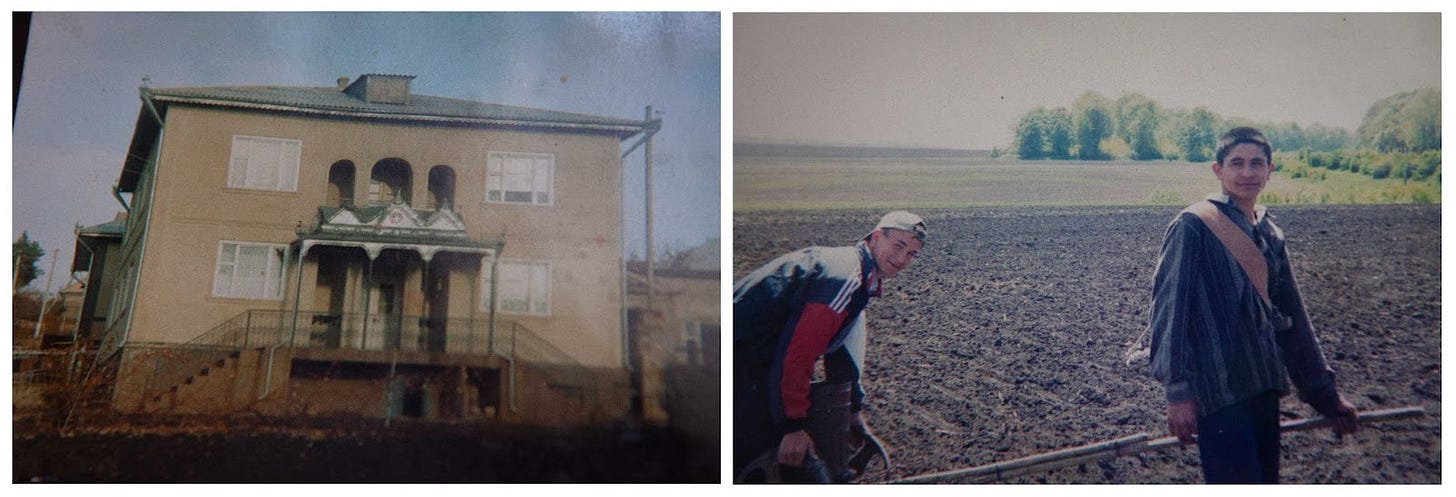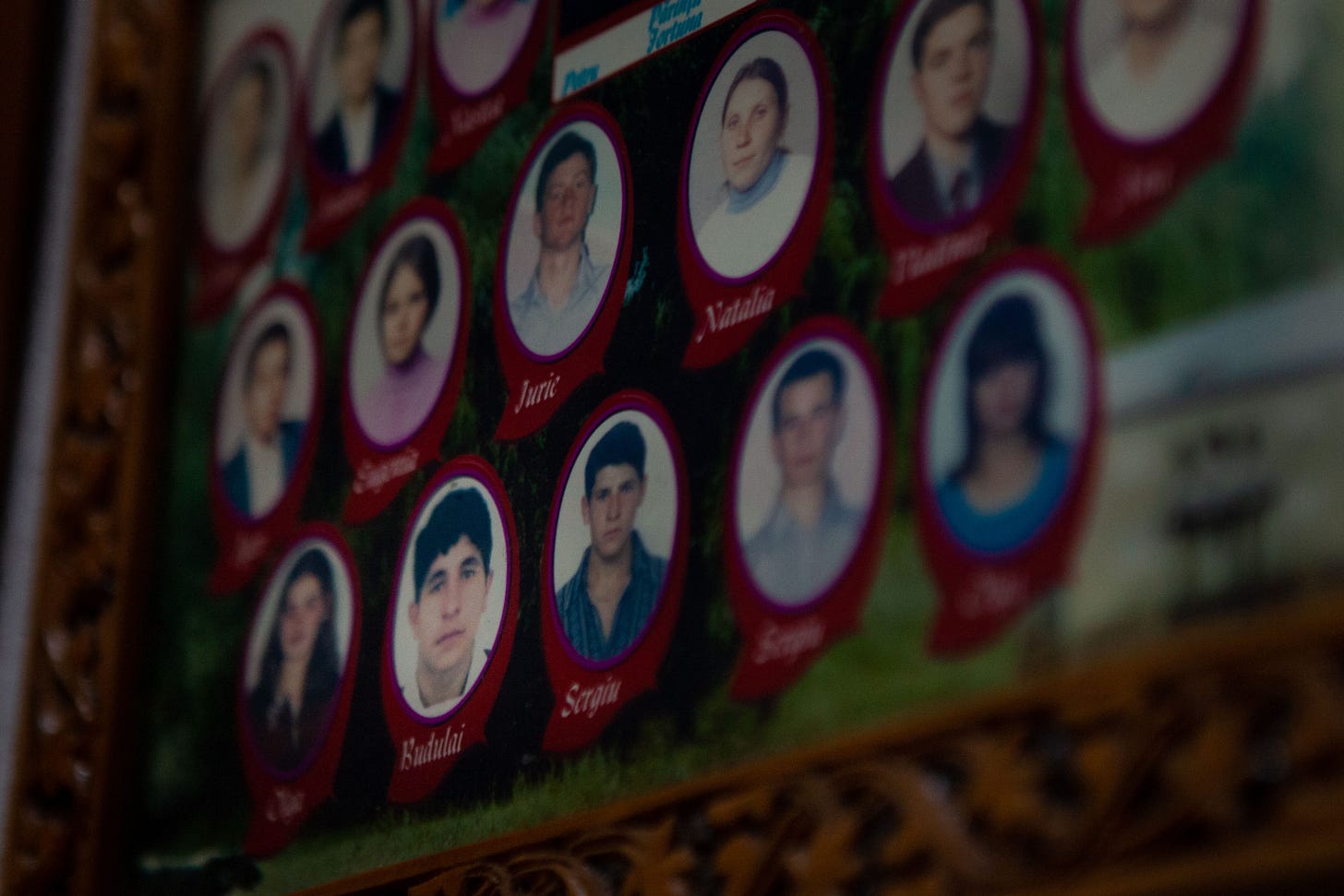Statistics are unclear, but suffice it to say that many of the living conditions for orphaned children in the Republic of Moldova, as in much of Eastern Europe, have historically been far less than ideal. The conditions for orphaned children in neighboring Romania in the 1990’s were infamous, ranging from a lack of heating, water, and sanitary conditions to profound social, emotional, and physical neglect that led to documented attachment and mental health disorders. Moldova, a country with a fraction of the GDP of Romania, is not expected to have fared much better, but the country’s lack of international visibility and resources have kept true numbers and conditions opaque.
That being said, things have improved somewhat with the passage of time, though nowhere near where they need to be in a country that is still working to find a real place for disabled or displaced children in the 21st Century. That is all to say that Budulai, now solidly in the spring of middle age with two daughters in their late teens, was surely required to navigate a child foster system that was as difficult or worse than the 1990’s systems that cast such a shadow on the region today.
As late as 2014, an article published in BBC News observed an orphanage outside of Chișinău, Moldova’s capital, saying, “The institutions are surprisingly well maintained. From the outside, the one I was able to visit looked like a school, with plants and a play area, while inside there were pictures on the walls and toys on display. Yet the first thing you notice is how quiet it is: dozens of young children live in the institution, but you do not hear any noise.”
Budulai recalled that same lack of noise as a young boy, despite the fact that he was injected into the system decades earlier. The way he describes it to me, his parents gave him up and sent him to what normally translates as a boarding school or internat, though the recollections of silence, the age he was sent, and the brevity of time that he stayed, leave me without a doubt that it was, in fact, an orphanage. Budulai and I converse in simplified and sometimes broken Romanian, his primary language being Russian and my former fluency in Romanian is sadly now incredibly rusty.
Very luckily, however, Budulai was ultimately moved and grew up with a foster mother and father, Anna Nikolayevna and Petr Isidorovich (Petr is now dead), in the beautiful small town of Drochia, 40 km north of Bălți. Though he still had a hard road ahead, the anchor of a genuinely loving foster home gave Budulai a gravitational point that he would ultimately return to later in his life.
It was in Budulai’s childhood home that we found ourselves over Easter—taking the first day off in weeks since the start of the Russian invasion. Budulai's team at the Bălți Distribution Center had been working every day in one capacity or another to provide Ukrainian refugees with food, toiletries, and home goods ever since the start of the war and the resultant influx of Ukrainians spreading across the country. The need that Budulai and his team were meeting in many ways has been the completion of a lifelong cycle from Hell to Heaven for Budulai. But we weren’t thinking about that today. Today was all about family and remembrance.
“Anna called and asked if I was coming to visit my mother for Easter.” Buduali told me, “Then I had this realization and said for the first time, ‘Oh, I do actually have a mother!’”
—“That’s what I said,” Anna interjected good-naturedly.
As far as I can reason, Anna is part of Moldova’s Professional Parental Assistance Service, a kind of professional foster mother, a role she still maintains to this day. Even as her first generations of foster children have gone on to start their own families multiple times over, she still opens her home to new generations of foster children. As we sit in a carpeted room waiting for Easter lunch to be served, Anna recounts her wisdom while Budulai cracks wise about his childhood antics and plays with the little kids running around his ankles.
We look through old photo albums as well and I find it easy to pick Budulai out as a child. For one thing, his face hasn’t changed much. His face is distinct and his features are prominent and don’t lend themselves to rapid aging. But also, his skin is notably darker than most of the children around him. His thick full head of hair is pitch black. It hints at his ethnically Roma roots, another barrier Budulai had to overcome growing up in Moldova. But it was a barrier that proved useful in the context of the Ukrainian refugee crisis and soon Budulai was in a unique position to ultimately solve problems few others could…

Up next, Part II: Roma meets refugee






Finally have space to read these 3 articles. Love the way you write, Clary. It's like I'm there with you getting the story real time. Bravo